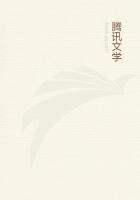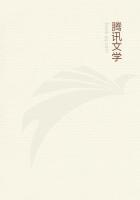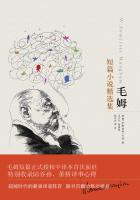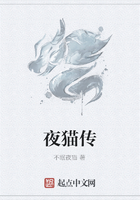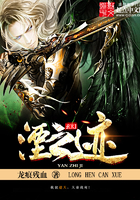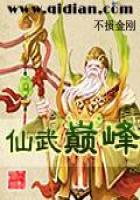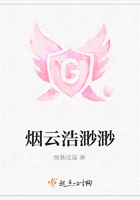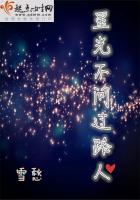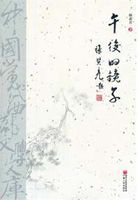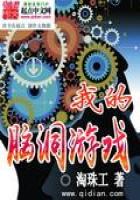The alchemists conceived the universe to be a unity; they believed that all material bodies had been developed from one seed;their elements are merely different forms of one matter and, therefore, convertible one into another. They were thoroughgoing evolutionists with regard to the things of the material world, and their theory concerning the evolution of the metals was, I believe, the direct outcome of a metallurgical application of the mystical doctrine of the soul's development and regeneration.
The metals, they taught, all spring from the same seed in Nature's womb, but are not all equally matured and perfect; for, as they say, although Nature always intends to produce only gold, various impurities impede the process. In the metals the alchemists saw symbols of man in the various stages of his spiritual development.
Gold, the most beautiful as well as the most untarnishable metal, keeping its beauty permanently, unaffected by sulphur, most acids, and fire--indeed, purified by such treatment,--gold, to the alchemist, was the symbol of regenerate man, and therefore he called it "a noble metal". Silver was also termed "noble"; but it was regarded as less mature than gold, for, although it is undoubtedly beautiful and withstands the action of fire, it is corroded by nitric acid and is blackened by sulphur; it was, therefore, considered to be analogous to the regenerate man at a lower stage of his development.
Possibly we shall not be far wrong in using SWEDENBORG'S terms, "celestial" to describe the man of gold, "spiritual" to designate him of silver. Lead, on the other hand, the alchemists regarded as a very immature and impure metal: heavy and dull, corroded by sulphur and nitric acid, and converted into a calx by the action of fire,--lead, to the alchemists, was a symbol of man in a sinful and unregenerate condition.
The alchemists assumed the existence of three principles in the metals, their obvious reason for so doing being the mystical threefold division of man into body, soul (_i.e_. affections and will), and spirit (_i.e_. intelligence), though the principle corresponding to body was a comparatively late introduction in alchemical philosophy.
This latter fact, however, is no argument against my thesis;because, of course, I do not maintain that the alchemists started out with their chemical philosophy ready made, but gradually worked it out, by incorporating in it further doctrines drawn from mystical theology. The three principles just referred to were called "mercury," "sulphur," and "salt"; and they must be distinguished from the common bodies so designated (though the alchemists themselves seem often guilty of confusing them). "Mercury" is the metallic principle _par excellence_, conferring on metals their brightness and fusibility, and corresponding to the spirit or intelligence in man.[1] "Sulphur,"the principle of combustion and colour, is the analogue of the soul.
Many alchemists postulated two sulphurs in the metals, an inward and an outward.[1b] The outward sulphur was thought to be the chief cause of metallic impurity, and the reason why all (known) metals, save gold and silver, were acted on by fire.
The inward sulphur, on the other hand, was regarded as essential to the development of the metals: pure mercury, we are told, matured by a pure inward sulphur yields pure gold.
Here again it is evident that the alchemists borrowed their theories from mystical theology; for, clearly, inward sulphur is nothing else than the equivalent to love of God;outward sulphur to love of self. Intelligence (mercury) matured by love to God (inward sulphur) exactly expresses the spiritual state of the regenerate man according to mystical theology.
There is no reason, other than their belief in analogy, why the alchemists should have held such views concerning the metals.
"Salt," the principle of solidity and resistance to fire, corresponding to the body in man, plays a comparatively unimportant part in alchemical theory, as does its prototype in mystical theology.
[1] The identification of the god MERCURY with THOTH, the Egyptian god of learning, is worth noticing in this connection.
[1b] Pseudo-GEBER, whose writings were highly esteemed, for instance.
See R. RUSSEL'S translation of his works (1678), p. 160.
Now, as I have pointed out already, the central theorem of mystical theology is, in Christian terminology, that of the regeneration of the soul by the Spirit of CHRIST. The corresponding process in alchemy is that of the transmutation of the "base" metals into silver and gold by the agency of the Philosopher's Stone. Merely to remove the evil sulphur of the "base" metals, thought the alchemists, though necessary, is not sufficient to transmute them into "noble" metals; a maturing process is essential, similar to that which they supposed was effected in Nature's womb.
Mystical theology teaches that the powers and life of the soul are not inherent in it, but are given by the free grace of God. Neither, according to the alchemists, are the powers and life of nature in herself, but in that immanent spirit, the Soul of the World, that animates her. As writes the famous alchemist who adopted the pleasing pseudonym of "BASIL VALENTINE"(_c_. 1600), "the power of growth . . . is imparted not by the earth, but by the life-giving spirit that is in it.
If the earth were deserted by this spirit, it would be dead, and no longer able to afford nourishment to anything.
For its sulphur or richness would lack the quickening spirit without which there can be neither life nor growth."[1a]



